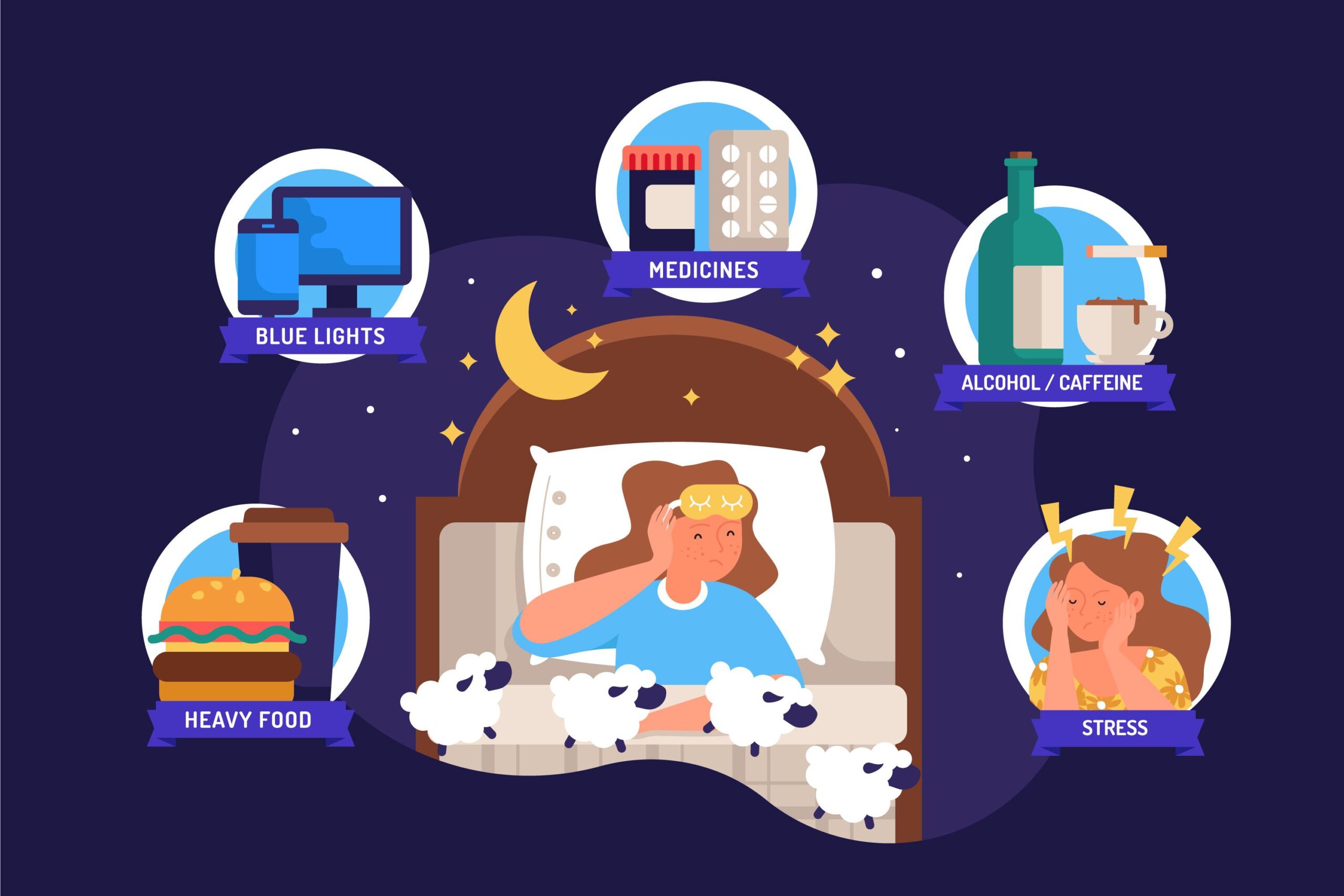In today’s fast-paced world, where distractions are everywhere, it’s easy to feel overwhelmed, stressed, and disconnected from the present moment. Mindful meditation offers a simple yet powerful solution to these modern challenges. Rooted in ancient traditions, this practice has gained widespread popularity for its ability to foster mental clarity, emotional well-being, and physical health. But what exactly is mindful meditation, and how can it benefit your life?
### **What is Mindful Meditation?**
Mindful meditation is the practice of focusing your attention on the present moment in a non-judgmental way. It involves observing your thoughts, feelings, bodily sensations, and surroundings without getting caught up in them or reacting impulsively. Through this practice, individuals learn to cultivate a deeper awareness of themselves and their environment, which can lead to greater calm and understanding.
Mindfulness, the foundation of mindful meditation, involves paying deliberate attention to your experiences as they unfold. Rather than letting your mind wander or dwelling on past or future concerns, mindfulness trains you to fully experience each moment, fostering a sense of connection with your thoughts and feelings.
### **Key Benefits of Mindful Meditation**
1. **Reduced Stress and Anxiety**
One of the most well-known benefits of mindful meditation is its ability to reduce stress and anxiety. In today’s society, stress has become a common challenge for many people, whether due to work pressures, personal struggles, or the demands of modern life. Meditation allows individuals to become more aware of their stress triggers and, through mindful awareness, to respond to these triggers in healthier ways.
Mindfulness practices, such as focusing on the breath and observing thoughts without judgment, help break the cycle of anxious thinking. Instead of reacting impulsively or catastrophizing, mindfulness teaches people to acknowledge their anxiety and let it pass without fueling it further. Research has shown that regular mindfulness practice can significantly lower cortisol levels, the hormone associated with stress.
2. **Improved Emotional Regulation**
Mindful meditation can also help improve emotional regulation. Often, we react emotionally to situations without thinking, letting our emotions control our behavior. Mindfulness meditation encourages a non-judgmental observation of emotions, allowing us to detach from them and gain a more balanced perspective.
Over time, mindful meditation helps individuals develop a greater awareness of their emotional responses and patterns. As a result, they can cultivate healthier coping strategies for dealing with challenging emotions such as anger, sadness, or frustration. By practicing mindfulness, people can learn to respond to emotions thoughtfully rather than impulsively, leading to greater emotional stability.
3. **Enhanced Focus and Concentration**
Meditation, especially mindful meditation, has been shown to improve attention and concentration. Mindfulness encourages focusing on the present moment and gently redirecting the mind whenever it wanders. This practice strengthens the mind’s ability to maintain focus, which can carry over into daily activities such as work, studying, and personal tasks.
Studies have demonstrated that regular mindfulness practice can increase the size of the brain regions involved in attention, making it easier to focus for extended periods. Improved concentration can lead to better productivity, performance, and mental clarity, helping individuals stay engaged in tasks without feeling easily distracted.
4. **Better Sleep Quality**
Many people struggle with sleep issues, whether due to racing thoughts, stress, or anxiety. Mindful meditation can be an effective tool for improving sleep quality. By calming the mind and body, mindfulness helps reduce the mental chatter that often prevents restful sleep.
Practicing mindful meditation before bed can help create a sense of relaxation, making it easier to fall asleep and stay asleep. Additionally, mindfulness helps individuals become more aware of their sleep habits and environments, allowing them to make adjustments that promote better sleep hygiene.
5. **Increased Self-Awareness**
One of the primary goals of mindful meditation is to increase self-awareness. By observing your thoughts, feelings, and bodily sensations in the present moment, you gain a deeper understanding of your inner world. This heightened awareness can lead to greater self-acceptance and personal growth.
Through mindfulness, you can begin to recognize patterns in your thinking, habits, and emotional reactions. This insight allows you to make more conscious choices in your life, whether it’s improving your relationships, making healthier decisions, or addressing negative thought patterns. Increased self-awareness can lead to greater emotional intelligence and more meaningful connections with others.
6. **Pain Management**
Mindful meditation can also be a valuable tool for managing chronic pain. Research suggests that mindfulness-based practices can help reduce the perception of pain by teaching individuals to observe sensations without judgment. By accepting pain as a natural part of the experience rather than resisting it, individuals can reduce the emotional suffering associated with it.
Mindfulness encourages a compassionate attitude toward pain, which can lead to a decrease in the intensity of discomfort. It can also improve the way individuals relate to pain, allowing them to focus on their well-being and mental state rather than solely on the physical symptoms.
7. **Boosted Immune System**
Practicing mindful meditation can have a positive impact on the immune system. Studies have shown that mindfulness meditation can enhance immune function, making the body more resilient to illness. This is partly due to the reduction in stress, as chronic stress can weaken the immune system and make the body more susceptible to infections.
Additionally, mindfulness practices encourage relaxation and deep breathing, which help activate the parasympathetic nervous system—the body’s “rest and digest” mode. This can reduce inflammation and promote overall health, improving the body’s ability to fight off illness.
8. **Greater Compassion and Empathy**
Mindful meditation can help individuals develop greater compassion and empathy, not only for themselves but also for others. As mindfulness fosters a non-judgmental awareness of thoughts and emotions, it encourages a sense of acceptance and understanding.
Over time, practicing mindfulness can increase emotional sensitivity and the ability to empathize with others’ experiences. This can lead to stronger, more supportive relationships and a greater sense of connection with the people around you.
### **How to Practice Mindful Meditation**
If you’re new to mindful meditation, here’s a simple way to get started:
1. **Find a Quiet Space**
Choose a quiet, comfortable place where you can sit or lie down without distractions.
2. **Focus on Your Breath**
Close your eyes and begin by focusing on your breath. Inhale deeply through your nose, hold for a moment, and then exhale slowly through your mouth. Pay attention to the sensation of the breath as it enters and leaves your body.
3. **Observe Your Thoughts**
As you focus on your breath, you may notice thoughts and feelings arising. Instead of judging or reacting to them, simply observe them and let them pass, like clouds drifting across the sky.
4. **Gently Return to the Present**
If your mind begins to wander, gently bring your focus back to your breath. It’s natural for the mind to wander, and mindfulness is about gently guiding your attention back to the present moment without self-criticism.
5. **Practice Regularly**
Start with just a few minutes each day, gradually increasing the time as you become more comfortable with the practice.
### **Conclusion**
Mindful meditation is a powerful tool for improving mental, emotional, and physical health. By focusing on the present moment and cultivating a non-judgmental awareness of thoughts and feelings, individuals can experience reduced stress, enhanced emotional regulation, and improved concentration. Whether you’re looking to manage anxiety, improve sleep, or boost self-awareness, mindfulness offers a wide range of benefits that can lead to a more peaceful, balanced life.
With regular practice, mindful meditation can become a valuable tool for navigating life’s challenges and cultivating a sense of inner peace and well-being.
—
This article offers a comprehensive overview of mindful meditation and its many benefits. Let me know if you’d like any adjustments!



